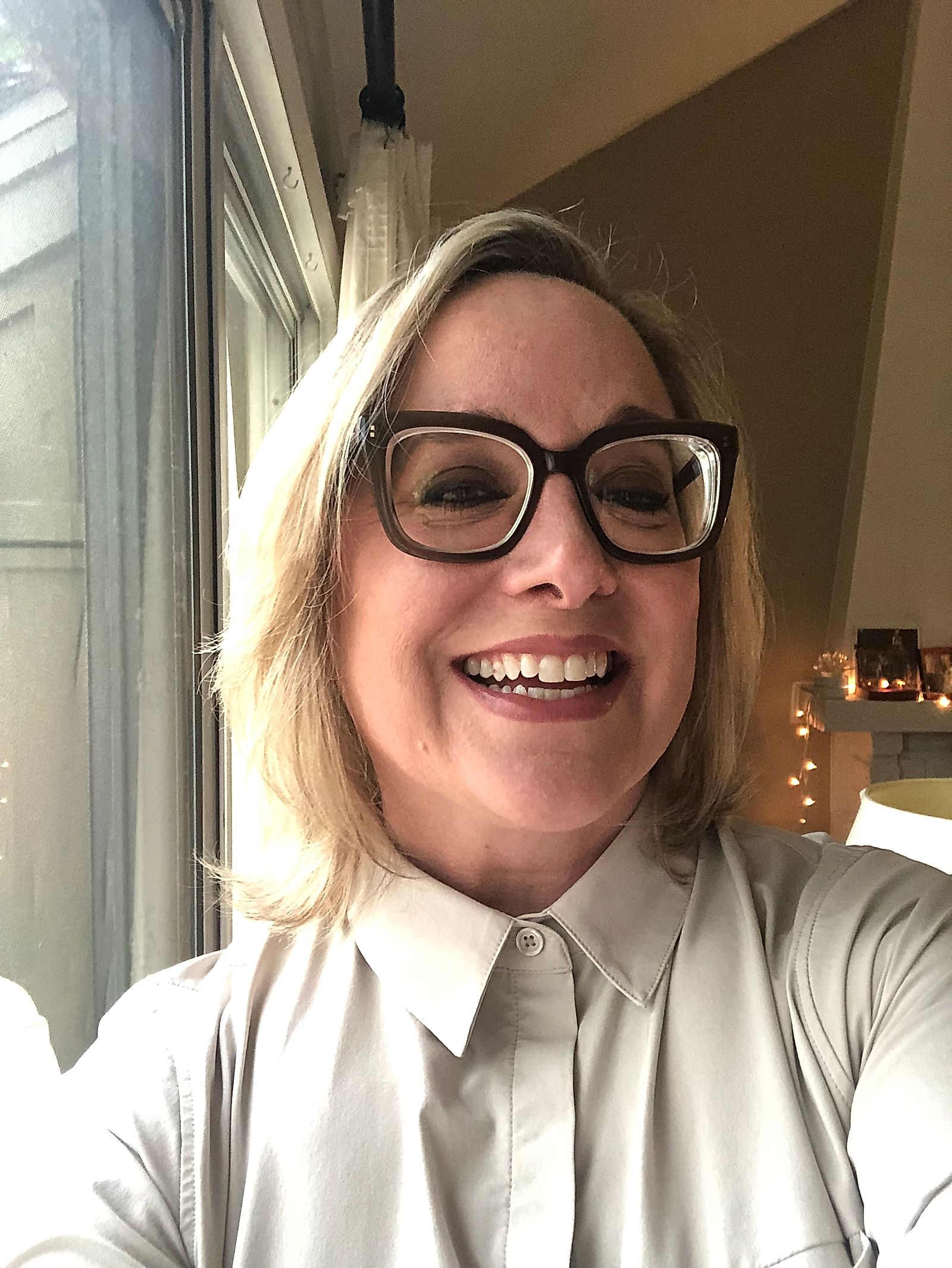Choosing the Right Therapy for You

Deciding to start therapy is a significant step, and navigating the different types of therapy available can sometimes feel like another hurdle. With acronyms like CBT, EFT, ACT, and various approaches, how do you know which one is right for you?
This guide is here to help. While understanding different therapy models can be useful, remember that the most important factor in successful therapy is often the quality of the relationship you build with your therapist.
Don't feel pressured to become an expert on every therapy type! The best approach is often found through open discussion with a potential therapist about your concerns and goals. This guide offers a starting point for your understanding.
Factors to Consider When Choosing Therapy
Before diving into specific therapy types, consider these general questions:
- What are my main concerns or reasons for seeking therapy? (e.g., anxiety, relationship issues, past trauma, feeling stuck, family conflict)
- What are my goals for therapy? What would I like to be different in my life?
- Do I prefer a more structured, skills-based approach, or something more exploratory and insight-oriented?
- Am I comfortable talking about my emotions? Or do I prefer to focus on thoughts and behaviors? (Though many therapies address both)
- Is my primary concern an individual issue, a couple's dynamic, or a family problem?
- How important is understanding past experiences versus focusing on current problems and future solutions?
Your answers to these questions can provide clues, but a good therapist will help you clarify these further.
Questions to Ask a Potential Therapist
During an initial consultation or call, don't hesitate to ask questions:
- "Based on what I've shared, what therapeutic approach(es) do you think might be most helpful for me/us, and why?"
- "Can you tell me a bit about how you typically work with issues like mine?"
- "What would a typical session look like?"
- "Are you trained in [specific therapy type you're interested in]?"
- "How do you see us working together to achieve my goals?"
A good therapist will welcome these questions and provide clear, understandable answers.
Trusting the Process (and Your Gut)
Ultimately, the "right" therapy is one where you feel understood, respected, and safe with your therapist, and where the approach makes sense to you and helps you move towards your goals.
- It's okay to not know: You don't need to have it all figured out. Your therapist is there to guide you.
- Flexibility is key: Many therapists are "integrative," meaning they draw from multiple approaches to tailor therapy to your unique needs.
- Give it time: Building a therapeutic relationship and seeing change takes time. However, regularly check in with yourself and your therapist about how things are progressing.
We encourage you to explore the more detailed articles on specific therapy approaches if you'd like to learn more.